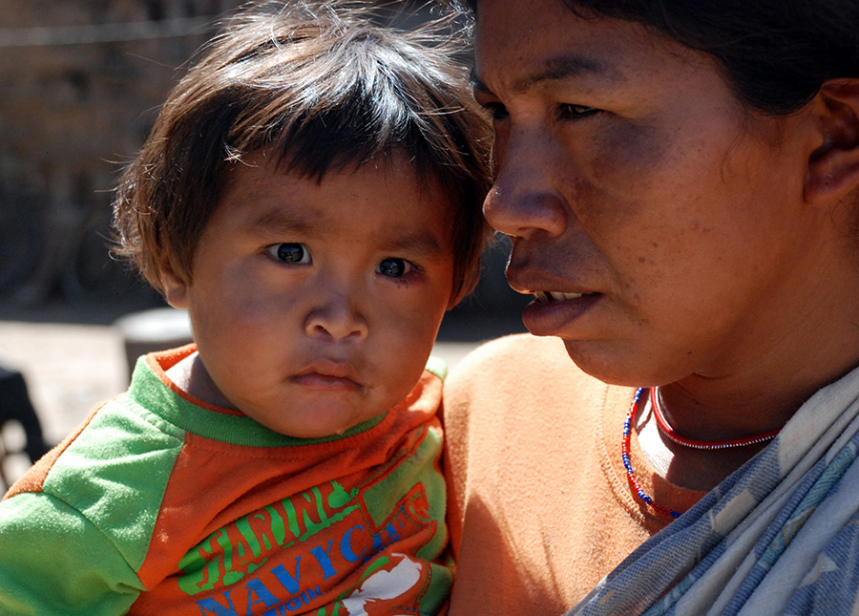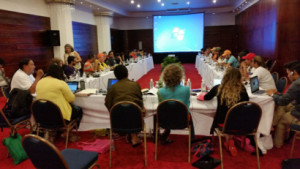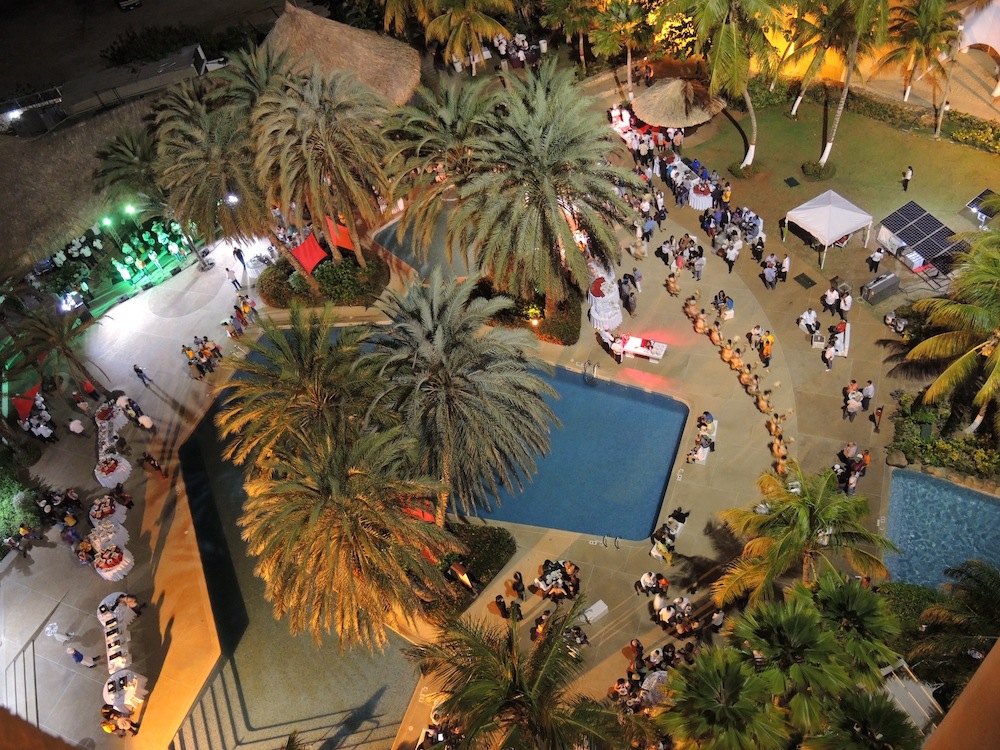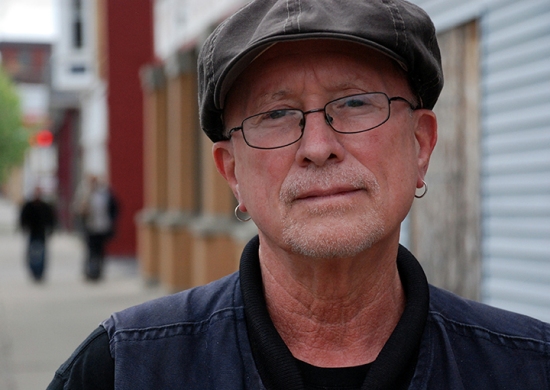Orin Langelle, Board Chair, Global Justice Ecology Project
I am impressed to see attention being given to the Chaco region by Christine MacDonald’s Rolling Stone article. I also witnessed some of the tragedy of the Chaco and Paraguay itself.
In 2009 I traveled to the Chaco with Dr. Miguel Lovera, my friend and the chairperson of Global Forest Coalition and part of the Ayoreo support group, Iniciativa Amotocodie.
Dr. Lovera became National Secretary for Plant Safety for Paraguay during Fernado Lugo’s presidency. In her article, MacDonald writes that “Lugo was swept from office in 2012 [by] an impeachment carried out by the Paraguayan Congress.” My colleagues in Paraguay would disagree with the term “impeachment.” To them it was a coup that forced Lugo out of office in 2012.
Because of the coup, Dr. Lovera lost his job as National Secretary for Plant Safety for Paraguay. While National Secretary, Lovera was in constant battle with the soy mafia and tried to stop the introduction of GMO cotton. Lovera had armed guards in his home due to his ongoing campaign to stop GMOs. No doubt Paraguay’s agribusiness leaders and their friends at Monsanto celebrated the fact that Lovera was removed from office.
When I was in the Chaco in 2009 it was evident that things were bad and were going to get worse. One of the tragic realities is the ongoing hostilities against the indigenous Ayoreo People of the Chaco. I was invited by the Ayoreo community to photograph Campo Lorro, where some of the first Ayoreo People captured were sent when Mennonite farmers established settlements on their land.
Below is one of photos I shot in Campo Lorro for the photo essay “Sharing the Eye.”
There are still uncontacted Ayoreo living in the Gran Chaco. They do not want contact with “civilization” and wish to remain in their forest home. Today, however, cattle ranches, expansion of genetically modified soybean plantations for biofuels, hydroelectric dams and mineral exploitation threaten the forests of the Chaco.
The Rolling Stone article by Christine MacDonald definitely documents the ongoing tragedy of the Chaco. A subtitle in her article, “Animal Cruelty is the Price We Pay for Cheap Meat,” highlights the policies of US-based agribusiness giants Cargill Inc., Bunge Ltd., and Archer Daniels Midland Co.
Besides reading the Rolling Stone article, you can also see more from Global Forest Coalition on the negative impact of unsustainable livestock production in South America, the continent with the highest deforestation rates on earth: Redirecting Government Support for Unsustainable Livestock Production key to Biodiversity Conservation, Claim New Report and Briefing Paper.
Read the Rolling Stone Article: Green Going Gone: the Tragic Deforestation of the Chaco, by Christine MacDonald








